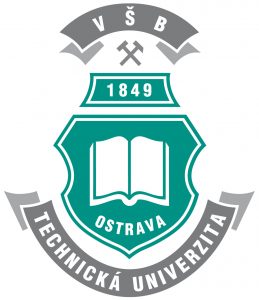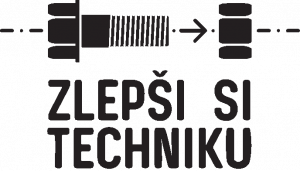 Projects
Projects
The future of energy production is in the processing of waste. This is done in several ways, for example by incineration, but also without fire, or without oxidation. The process called pyrolysis has been used for several decades. Due to the influence of heat, but under exclusion of air, organic macromolecules disintegrate into compounds and a number of new substances is formed.
Pyrolysis units are industrial facilities, which are usually only designed for a certain type of waste. The VŠB – Technical University of Ostrava unit is exceptional, as it allows a wide range of thermal treatment of organic waste. The pyrolysis generates new substances from waste materials, such as high calorific gas rich in hydrogen and methane, liquid pyrolysis oil or so called solid residue. It may be tar, while the pyrolysis of Tetrapak packaging produces aluminium, and almost pure carbon is left during the pyrolysis of tires. Each of these materials can be reused. Pyrolysis oil is a source of organic compounds in the chemical industry, and, for example, a solid residue of carbon is used for the production of activated carbon for the industry.
Research of chemical composition and refining pyrolysis gas opens up new possibilities for its use in the energy industry. The gas is purified and cooled, so that they could remove tar, and hydrogen is left in in. It is mainly used for combustion in engines that are driven by generators to produce electricity. The gas can also be filled into bottles and further used in the chemical industry or to heat the pyrolysis furnace. Highly calorific gas can be used even in the unpurified form, namely to heat the Stirling engine, all in order to produce electrical energy.
Their research of the pyrolysis of waste materials is part of a policy aimed at using the wide range of renewable sources in the production, storage and distribution of electricity. The research results can be used by industry partners for the application of new technologies, especially in enterprises producing larger amounts of one type of waste that could be further processed through pyrolysis and energy recovery.
Energy Units for Utilization of Non Traditional Energy Sources (ENET), VŠB – Technical University of Ostrava




